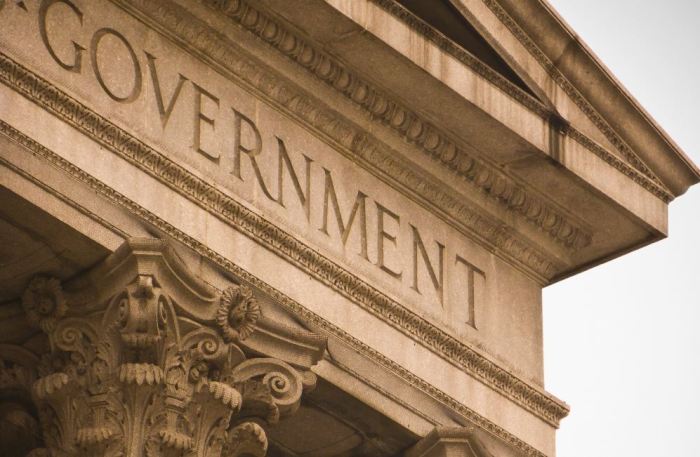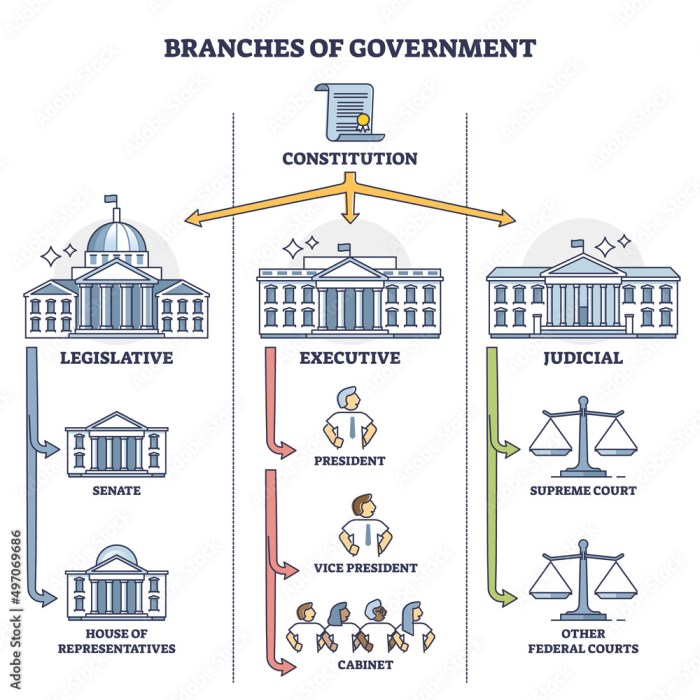The institution through which society makes and enforces its policies is the cornerstone of social order and governance. This institution encompasses the intricate web of structures, processes, and mechanisms that shape our collective values, regulate our conduct, and ensure the smooth functioning of society.
Within this institution, the policymaking process unfolds, involving diverse stakeholders, from government agencies to interest groups and the public. These policies, once crafted, are enforced through various mechanisms, including law enforcement, regulatory agencies, and the courts.
The Nature of the Institution

Institutions are social structures that provide a framework for societal behavior. They shape values, norms, and the distribution of power within a society. Key institutions include government, education, family, religion, and the economy.
Institutions play a crucial role in policymaking by providing the channels through which policies are formulated, implemented, and enforced. For example, government institutions, such as legislatures and executive agencies, are responsible for creating and implementing policies.
The Processes of Policymaking
Policymaking involves several stages, including:
- Agenda-setting: Identifying and prioritizing policy issues.
- Policy formulation: Developing and proposing policy options.
- Policy adoption: Deciding on and enacting a policy.
- Policy implementation: Putting the policy into action.
- Policy evaluation: Assessing the effectiveness and impact of the policy.
Various stakeholders, including government agencies, interest groups, and the public, participate in the policymaking process, influencing policy outcomes.
The Mechanisms of Policy Enforcement, The institution through which society makes and enforces its policies
Policies are enforced through various mechanisms:
- Law enforcement: Using legal sanctions to deter and punish violations.
- Regulatory agencies: Monitoring and enforcing compliance with regulations.
- Courts: Adjudicating disputes and interpreting laws.
Policy enforcement faces challenges, including limited resources, non-compliance, and the potential for abuse.
The Impact of the Institution on Society
Institutions have both positive and negative impacts on society:
Positive impacts include:
- Social order and stability
- Provision of essential services
- Protection of individual rights
Negative impacts include:
- Social inequality and oppression
- Bureaucracy and inefficiency
- Limited adaptability to changing circumstances
FAQ Resource: The Institution Through Which Society Makes And Enforces Its Policies
What is the primary function of the institution through which society makes and enforces its policies?
The primary function of this institution is to establish and implement policies that guide societal behavior, regulate activities, and maintain social order.
How does the policymaking process involve various stakeholders?
The policymaking process involves government agencies, interest groups, and the public through consultation, hearings, and other participatory mechanisms.
What are the main mechanisms used to enforce policies?
The main mechanisms used to enforce policies include law enforcement, regulatory agencies, and the courts, which ensure compliance and address violations.

